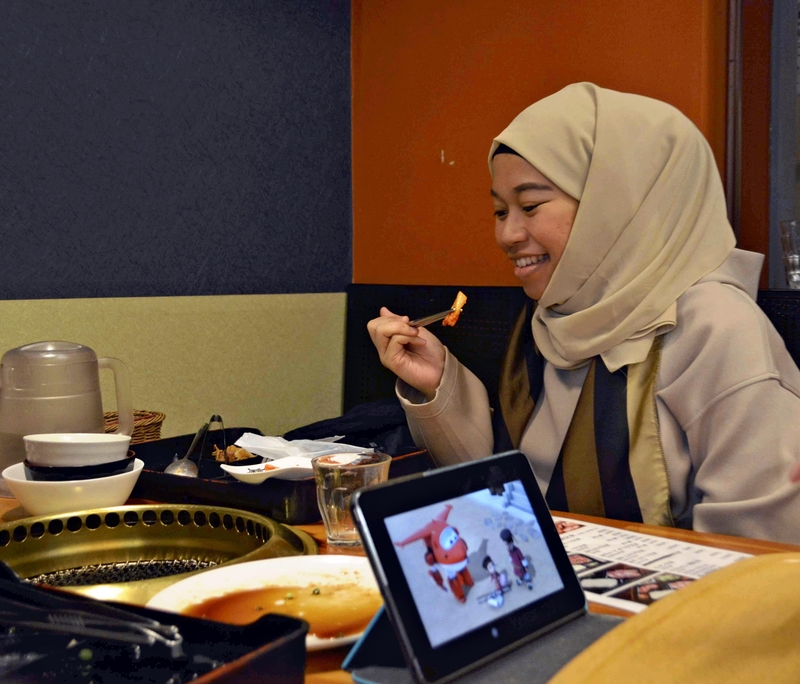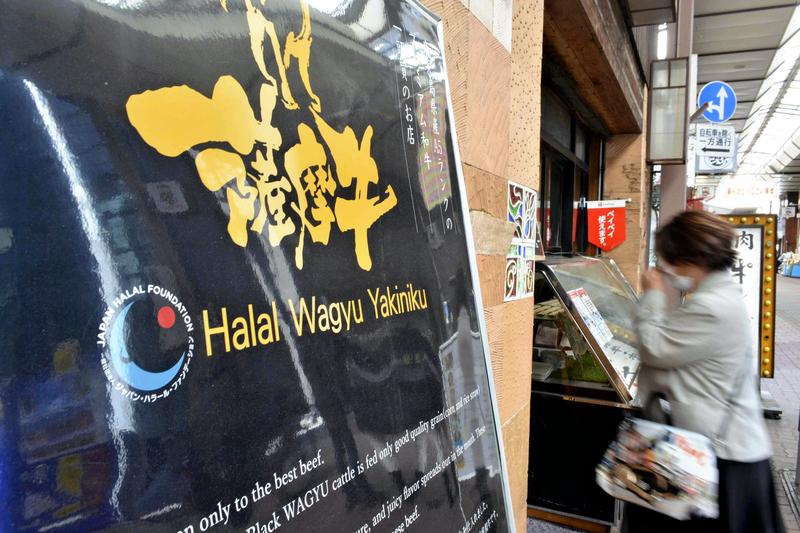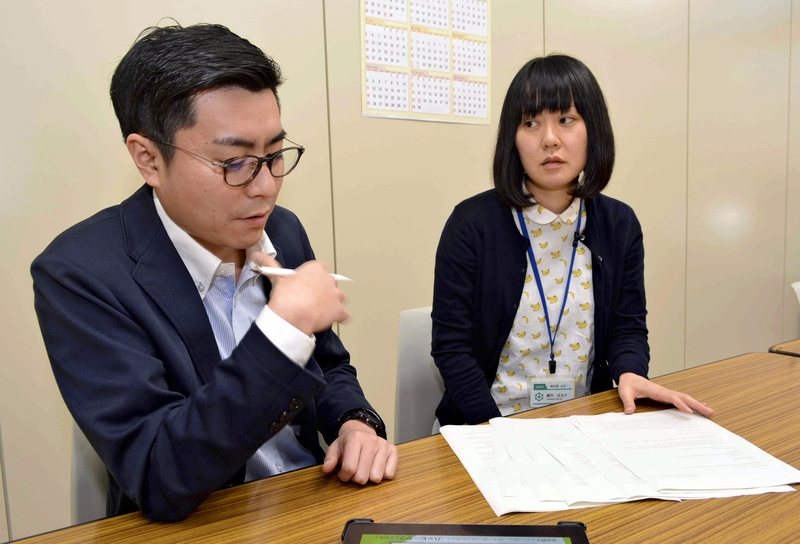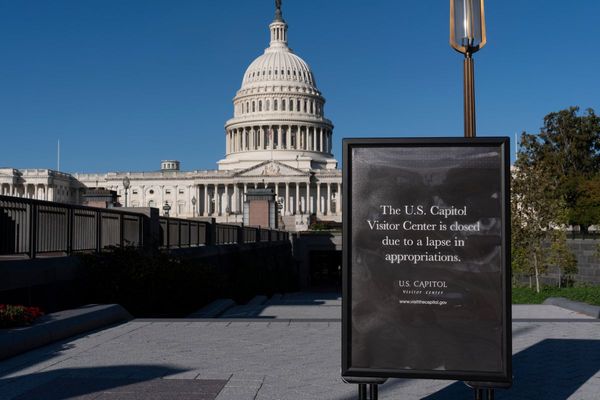
Measures to attract Muslim visitors will be presented next month at an annual conference in the United States by officials from Tokyo's Taito Ward.
The ward office is keen to attract Muslim tourists through such means as promoting the availability of halal meals. Haruhi Kurauchi, 34, of Taito Ward's tourism division successfully applied to make a presentation on the ward's efforts to the American Society for Public Administration (ASPA).
It is unusual for municipal government officials to present their research overseas, according to the Internal Affairs and Communications Ministry.

Established in 1939, the ASPA has more than 8,000 members, including public servants and academics. It provides forums for the presentation of research on administrative activities in and outside the United States.
Taito Ward is home to famous tourist destinations for foreign travelers, such as Asakusa and Ueno. In 2015, the ward office launched a system to subsidize half the costs for restaurants and other entities to obtain halal certification, up to a maximum of 100,000 yen.
The ward office is also making concerted efforts to attract more Muslim visitors through such steps as providing information on restaurants and souvenir shops on tourist maps and Facebook.

While working in the tourism division, Kurauchi has also been studying public policy at Meiji University's graduate school since April last year to conduct theoretical research on the municipality's operations.
Believing that Muslim visitors would find it difficult to travel in different cultures because of the strict rules of their religion, Kurauchi conducted a survey on 100 Muslim tourists who visited the ward. Through the survey, she examined issues such as what difficulties they have in Japan and what kind of tourist destinations they find appealing.
Pork and alcohol are banned by Islam, and about 70% of the respondents said, "I couldn't eat [certain things] because I didn't know what the ingredients were." At the same time, however, the survey results showed that many Muslims visited Japan to eat washoku Japanese food. She concluded that many Muslims can enjoy dining if the ingredients are identified.
Kurauchi submitted her paper to the ASPA in October last year at the recommendation of Prof. Junro Nishide, a specialist in public administration and a teacher of Kurauchi's at graduate school. She received a notice of acceptance at the end of the year.
Ryo Miyazawa, 31, who is also in charge of Muslim tourism measures at the division, is scheduled to attend the conference as well. It will start on April 3 in Anaheim, Calif.
"To make Japan a tourism-oriented country, it's an important issue for local governments to address what kind of measures should be taken to enable Muslim visitors to stay here more comfortably," Kurauchi said. "We want to use this opportunity to share our efforts with people around the world."
Read more from The Japan News at https://japannews.yomiuri.co.jp/







